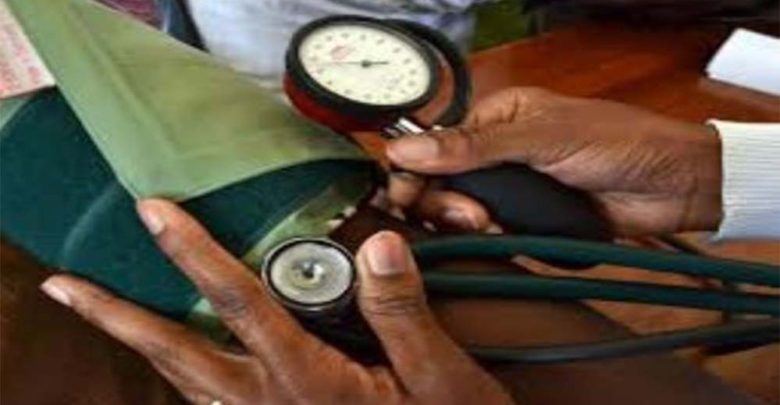Featured
Kenya bans people with high blood pressure from driving

Kenya has taken far reaching steps to stop people with some health conditions, including high blood pressure, from driving. Those with high blood pressure are among those who may not be allowed to have a driver’s licence.
The country’s National Transport and Safety Authority (NTSA) released the new driving curriculum with recommendation of mandatory medical tests for epilepsy, high blood pressure, sight and hearing problems for all drivers. According to the new curriculum, drivers are supposed to renew their licences every 10 years, and only after submitting a medical report. However, motorists above 60 years must submit a medical report every year.
The medical tests will also include a range of brain-related conditions and diseases that disable mobility and muscle movement such as stroke. In the curriculum, eye conditions lead a long list of mandatory medical tests for new drivers as well as old ones seeking licence renewals.
According to NTSA Deputy Director in charge of safety, Dr, Duncan Kibogong, some conditions will lead to automatic disqualification. “For epilepsy, it is a no. The fact is, no one, including the driver, has any idea when the seizures can occur,” said Dr Kibogong. The medical tests will also include the drivers’ heart condition as well as sleep, alcohol and drug-related disorders. The tests will also look out for a driver’s susceptibility to non-communicable diseases such as diabetes and stroke. Kibogong said NTSA would work closely with the Ministry of Health to ensure that only those who were fit were allowed on the road.
“In some cases, it does not make sense to even allow you to train as a driver when we know you are not fit,” said Kibogong. He however insisted that the mandatory health clearance should not be viewed as discrimination against certain conditions. “In most of these cases, it is just about correcting them. For example, for poor eyesight, you can be given glasses and you will be fine. There are only a few conditions that we may not allow,” he said. Drivers to be affected by the new rules are those applying for new licences and those seeking renewals this year.
The practice of pegging the issuance of driver’s licences to medical tests may be new in the country but has been in force for years in other parts of the world. In New York, for instance, if one loses the use of a leg, arm, eye or ear, such information must be included on the driving licence. Such drivers are then only allowed to operate customised vehicles. Similarly, if the driver’s hearing is not acceptable, a restriction of “hearing aid or full-view mirror” is added to the driver licence. Those who wear hearing aids and cannot pass the hearing test must use full-view rear mirrors.




